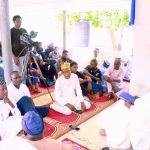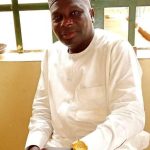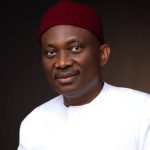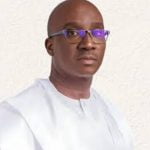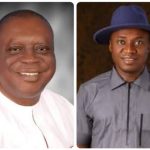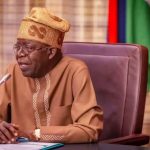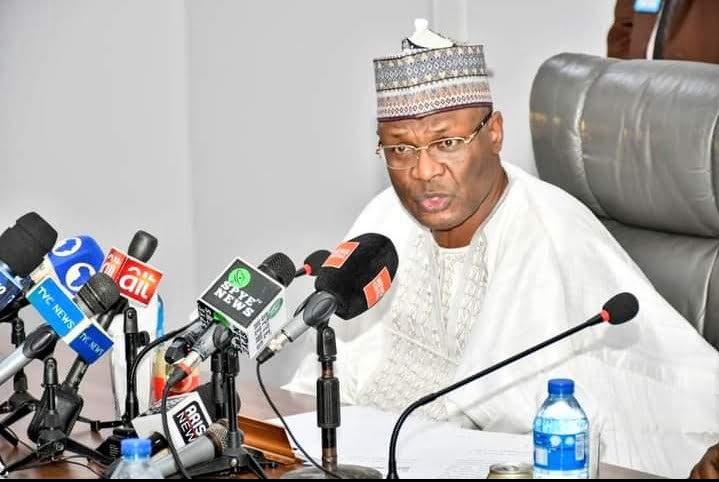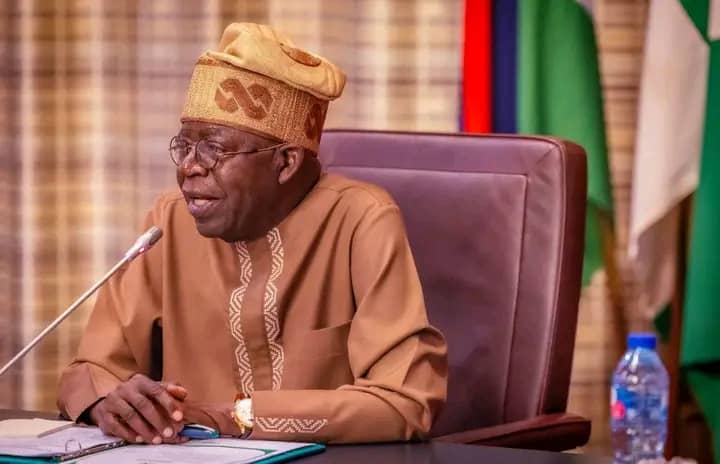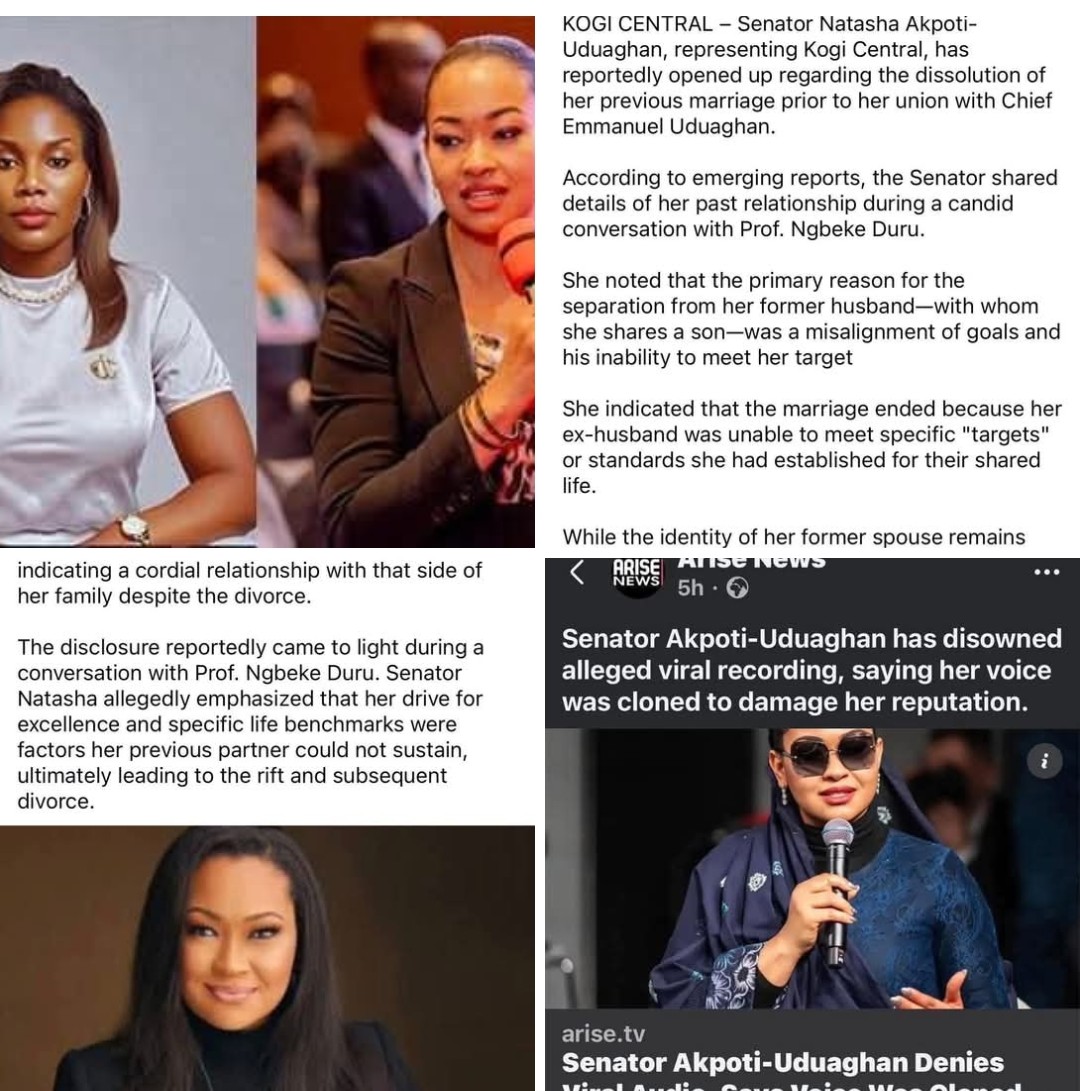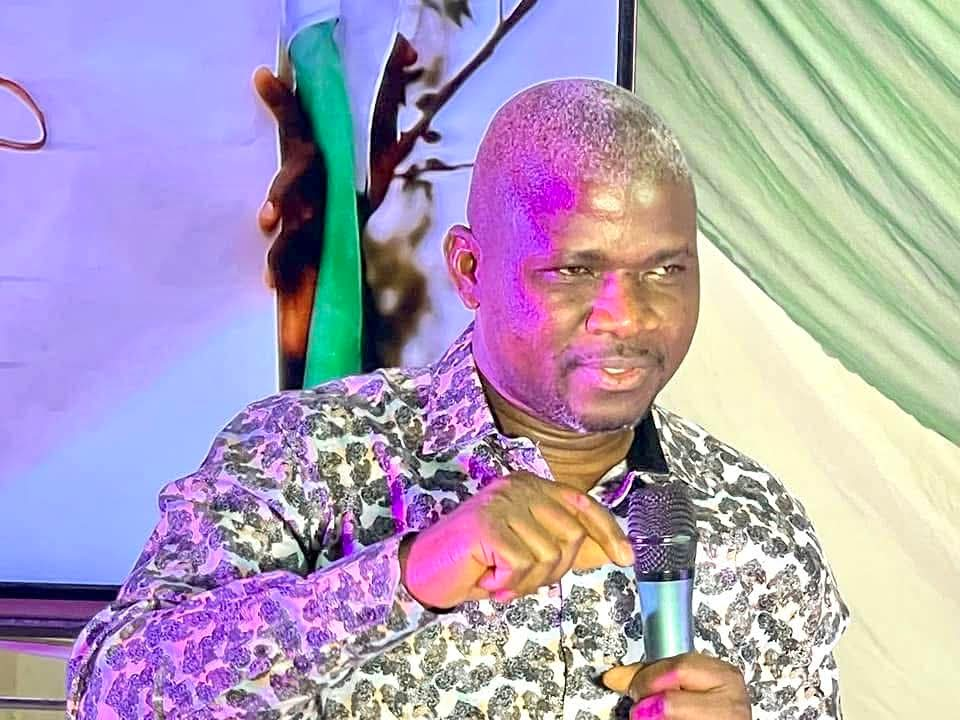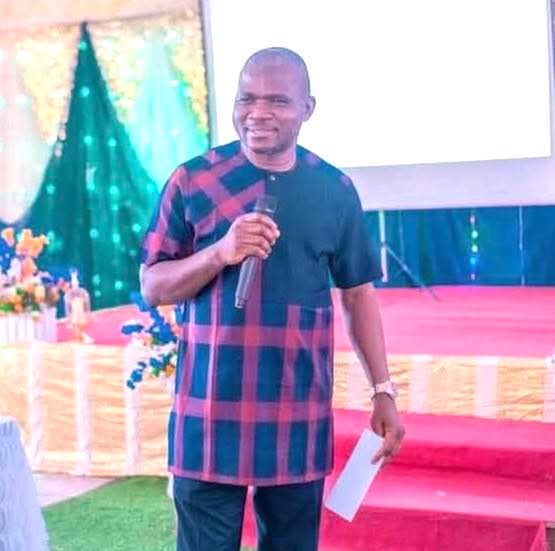Is INEC truly independent or does it serve the executive arm?
By Osata Osayogie Raphael @Debunk TENDENCY
The 2020 Edo State governorship election, held on September 19, was plagued by disputes that undermined confidence in the electoral system. Central to these concerns was the perceived complicity of the Independent National Electoral Commission (INEC), the body entrusted with overseeing Nigeria’s elections. This investigative article probes the implications of alleged INEC involvement on the election’s outcome.
The Edo State governorship election witnessed a notable contest between incumbent Governor Godwin Obaseki of the People’s Democratic Party (PDP) and Osagie Ize-Iyamu of the All Progressives Congress (APC), rather than a hypothetical matchup between Dr. Asue Ighodalo and Sen. Monday Okpeholo, which is an implausible scenario.
The election was particularly significant due to the political dynamics within the state,including power struggles within the APC and the implications for national politics.
Observer e.g Yiaga Africa reported
instances of voter suppression, with allegations that INEC facilitated processes that hindered eligible voters from casting their ballots.Claims included inadequate voter education and logistical challenges, such as the late arrival of materials to polling units.Vote buying and money politics were highly prevalent.
There were accusations that INEC officials were colluding with certain political parties, notably the APC.This perception was fueled by incidents where reports of violence and intimidation were dismissed by the commission, raising suspicions about its impartiality.
The transparency of the election process came under scrutiny when results from various polling units were reported inconsistently. This inconsistency led to speculation about the integrity of the counting process and whether INEC was manipulating figures to favor one candidate over the other.
INEC’s introduction of technology, such as the use of the Smart Card Reader and the INEC Result Viewing Portal (IReV), was intended to enhance transparency.
However, the effectiveness of these tools was questioned, particularly when reports emerged that the IReV portal was not functioning almost towards the end of the electoral process as expected on election day, undermining confidence in the results.
The allegations surrounding INEC’s involvement prompted widespread criticism from civil society organizations e g Yiaga Africa, political analysts, and international observers. Calls for a comprehensive investigation into the commission’s role in the election underscored the need for electoral reforms to restore public trust in Nigeria’s electoral process.
In conclusion,the 2020 Edo State governorship election illustrated the complexities between electoral commissions, political entities, and the public’s perception of democracy in Nigeria. Allegations of INEC’s involvement in manipulating the electoral process not only raised questions about the integrity of the election but also highlighted the urgent need for reforms to ensure free and fair elections in the future. As Nigeria approaches subsequent elections, the lessons learned from Edo State will be crucial in shaping the discourse on electoral integrity and governance.
If INEC was truly independent or subservient to the executive arm of government will determined in due course.
#mandaterecovery
#Democracyindanger
#returnourstolenmandate
#eyesonthejudiciary
#edodecides2024 #thepeoplespeak
A Wise Man is Proactive And An Unwise Man Is Physical Vindictive And Reactive
Osata Osayogie Raphael Is Media Strategist, A Communication Executive And A Financial Enthusiast Firing From His Bedroom ️*
